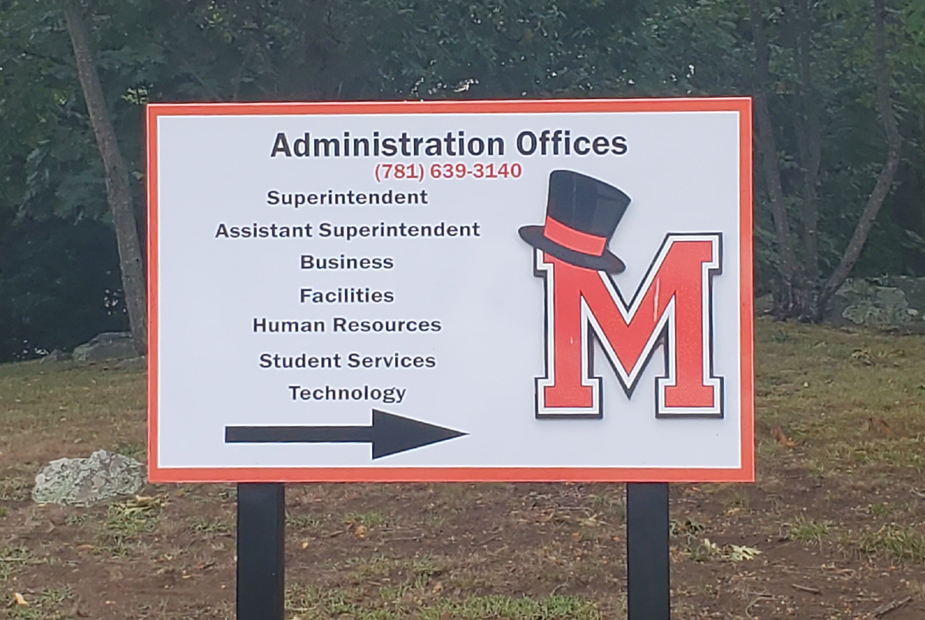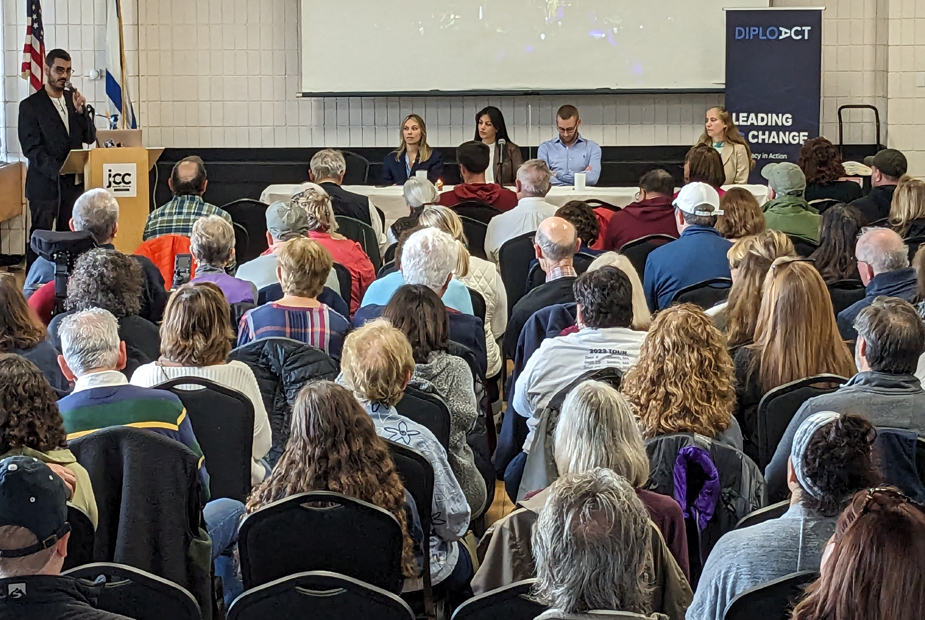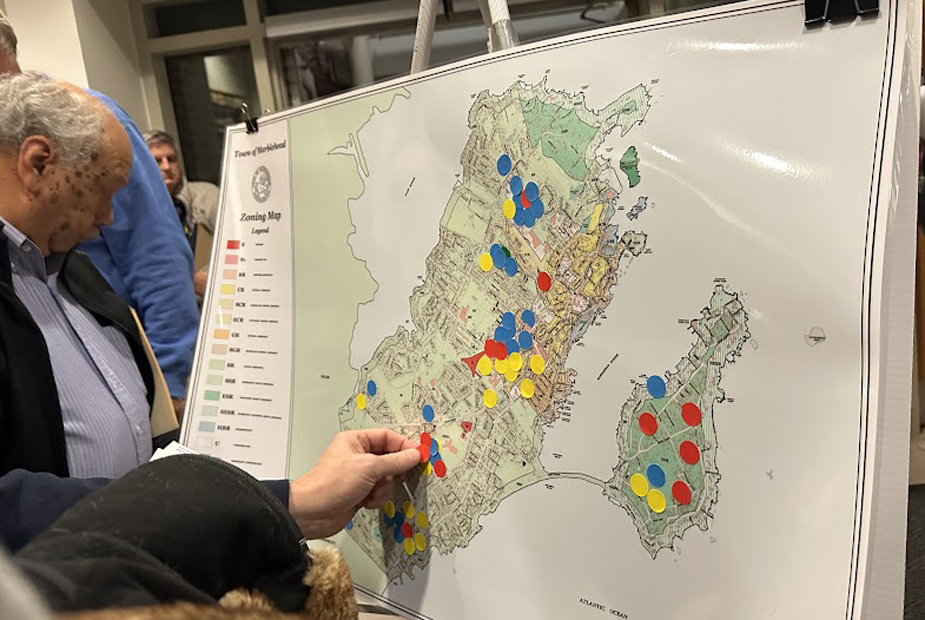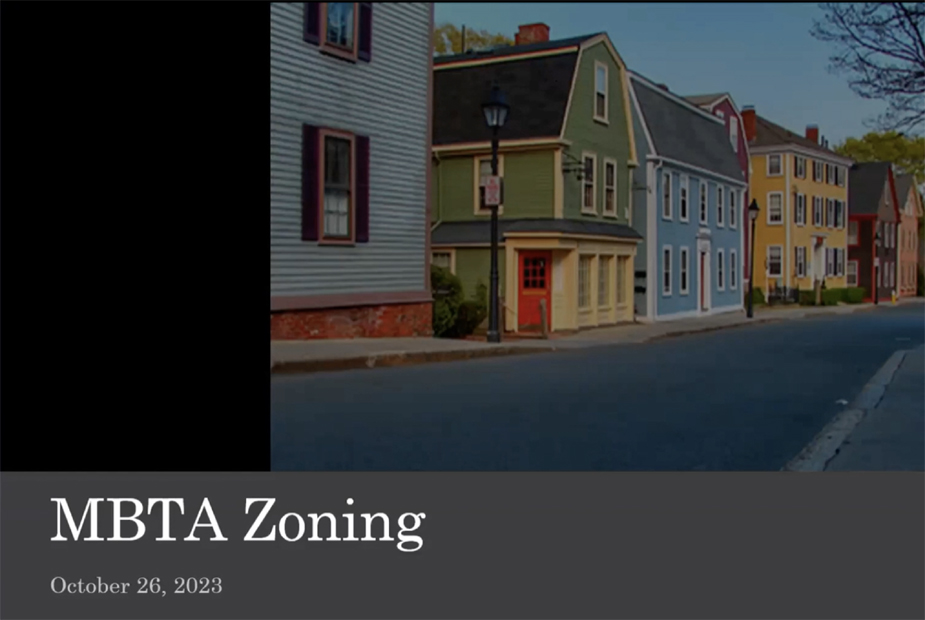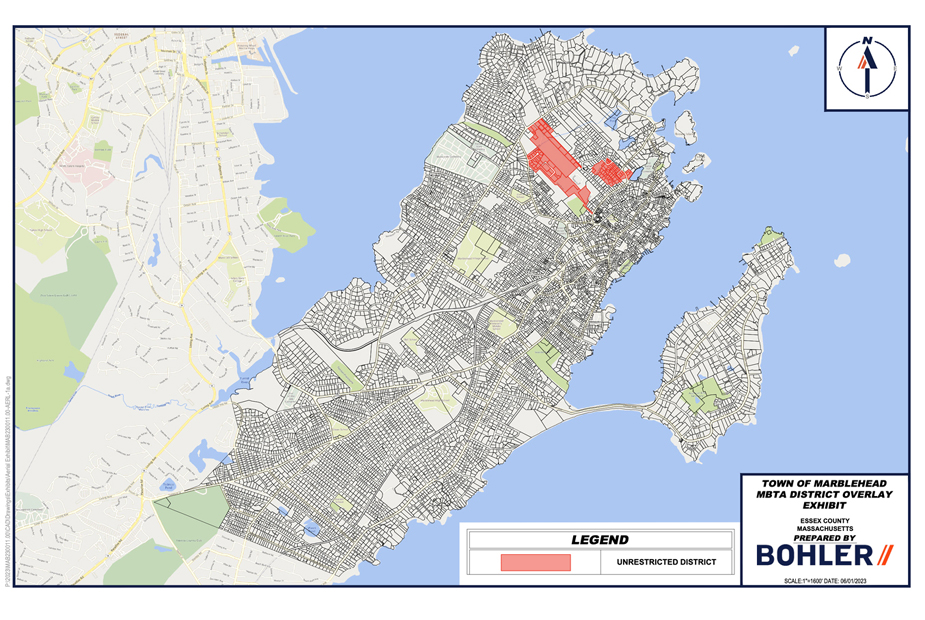School Committee Perspectives: Why Aren’t Marblehead’s Students Doing Better?
In late 2022 and early 2023, Marblehead Beacon ran a series of articles comparing Marblehead’s public schools to those of other local communities that are similar in terms of size, geography, demographic makeup, and socio-economic status. The targeted communities - Andover, Belmont, Hingham, Lynnfield, Needham, Swampscott, and Winchester - have significant similarities to Marblehead, and many were included in the comparable communities reports that the School Department used to produce annually.
Our analysis, performed using statistics provided on the state Department of Elementary and Secondary Education website, showed a marked lack of success in Marblehead compared to similar communities. We all faced similar setbacks and learning loss as a result of the pandemic. Yet other districts seem to have recovered more quickly. In 2022, for example, almost half of Marblehead’s students were not meeting expectations on the Massachusetts Comprehensive Assessment System (MCAS) test. This is a troubling outcome on its own, but even more so within the context of the comparable communities whose students are performing at significantly higher levels. Also notable is the fact that Marblehead spends more per student than most comparable districts, while at the same time paying teachers less.
In light of these findings, Marblehead Beacon asked this year’s School Committee candidates to weigh in. There are four candidates running for two three-year positions. They are, in alphabetical order: Paul Baker; Sarah Gold, current member of the School Committee who is running for re-election; Brian Ota, former Glover School Principal; and Jenn Schaeffner, former member of the School Committee. We sent all four candidates the following:
Marblehead Beacon recently ran a series of articles comparing Marblehead schools’ performance to other communities considered similar in terms of size and socioeconomic status. Our analysis indicated that generally we spend more per student while paying our teachers less. We also have poorer academic outcomes overall, with 45 to 50 percent of students in third through eighth grades performing below the “meeting expectations” benchmark on standardized tests. While Covid-related fallout may account for some of this learning deficit, it does not explain why other comparable communities are doing so much better than we are. How do you account for these disparities and what policies and budget priorities would you favor as a School Committee member in order to address them?
We received the following responses:
Paul Baker
Responded to Marblehead Beacon’s request but declined to participate.
Sarah Gold
Responded to Marblehead Beacon’s request but declined to participate.
Brian Ota
“COVID has played a major role in dropping MCAS scores. I believe that we, as well as many school systems are going to continue to feel the impact of COVID for many years to come. The impact is cumulative and to compare one year against one other is not an accurate measure. My comments will reflect my belief that in the lower elementary schools the loss of English Language Arts and Math during COVID will have a major impact for years to come. Reading and basic math skills are the foundation for future learning. These basic foundational skills are normally mastered by the end of 3rd grade. As time passes those students will eventually catch up, but it will be incumbent for the upper elementary schools to create programs to help remediate the deficit. It would be a good use of funding to create reading and basic math intervention programs in the elementary schools for all students that are identified as needing them. With the very packed schedules in the schools these days these intervention programs would have to be held before or after school. The major drawback is the budget and intervention programs are outside normal teaching practice and stipend would be required to pay the teachers.
COVID had a large impact on our special education students who often struggle in a classroom setting let alone in a fully remote setting. We have a very large population of special education that continues to grow each year as the article pointed out. One area that closer scrutiny is necessary is to ensure our special education teachers have funding to hold intervention programs more specialized to accommodate the needs of the learning disabled students.
Along this same venue summer school has been severely limited to only students who are failing. One might want to relook at the criteria for summer school to see if struggling students could be accommodated.”
Jenn Schaeffner
“The current academic outcomes for students in Marblehead Public Schools are simply unacceptable. A district like Marblehead, with the resources and support our schools enjoy, should be ranked among the highest in the state. But, according to the Massachusetts Department of Elementary and Secondary Education, Marblehead ranks below many other comparable school districts, including Belmont, Hingham, Lynnfield and Winchester. All of these communities have lower per pupil spending than Marblehead and higher student/teacher ratios, meaning that each teacher is responsible for a larger number of students. In fact, the state average student/teacher ratio in Massachusetts is 11.9 to 1. Marblehead’s is much lower at 10.3 to 1. At the same time, we are paying our teacher’s less on average than other districts. And in many of these districts, student MCAS scores in 2022 significantly exceeded those in Marblehead. Clearly, we need to be doing something differently, both to manage our finances more effectively, including paying our teachers more, and to address the most important goal, which is better outcomes for students.
If elected, I would focus on building a zero based budget, which means starting from scratch and looking at enrollment numbers and needs in each of our schools. I would learn what we can from comparable districts with better outcomes and focus on the areas in which we can have the greatest impact on students, especially by attracting and retaining high caliber teachers and providing appropriate curriculum frameworks and expectations for them to more effectively meet student needs.”
Editor’s note: Jennifer Schaeffner is a founder and editor for Marblehead Beacon but has taken a leave of absence from any role with Marblehead Beacon during her campaign for School Committee.

